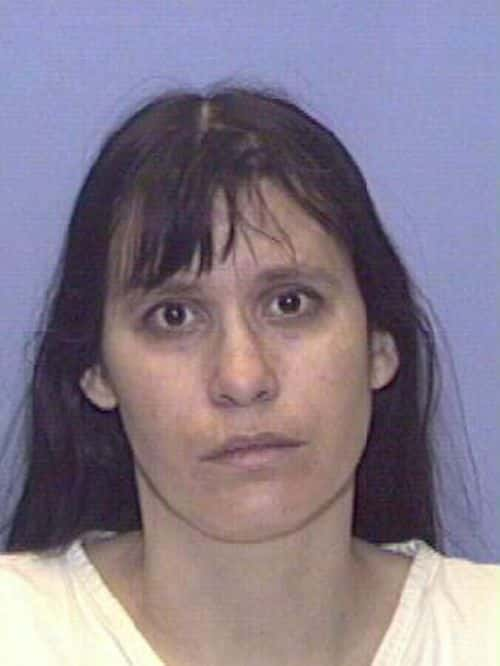Lindsay Clancy murders: Postpartum doula reveals dark tragic world of PPD

Warning: This article contains a recollection of crime and can be triggering to some, readers' discretion advised. If you or someone you know is considering suicide, please contact the National Suicide Hotline at 1-800-273-TALK (8255).
DUXBURY, MASSACHUSETTS: As the case of Lindsay Clancy, the Massachusetts mother-of-three who tried to kill herself after strangling her children to death, Cora, 5, Dawson, 3, and seven-month-old Calla, proceeds through the court, there has been growing public support for the 32-year-old. Many people all across demand that the mother should get therapy, not jail time.
Clancy was battling postpartum depression and was prescribed 13 different psychiatric medications between October 2022 and January 2023, including some used to treat anxiety, depression, and insomnia. Commenting on Clancy's case, Jayne Freeman, a postpartum doula, dug into the topic of Andrea Yates and narrated the dark tragic world of postpartum depression. Clancy is charged with two counts of first-degree murder, three counts of strangulation and suffocation, and three counts of assault with a deadly weapon.
RELATED ARTICLES
Lindsay Clancy case: Psychologist reveals psychosis ‘red flags’ family members could have spotted
Freeman wrote in her article, titled 'Postpartum Mental Illness: When Mothers Kill', "On June 20, 2001, Andrea Yates a 37-year-old mother in suburban Texas, drowned all five of her children in their bathtub then calmly called the police to come and take her away. She did not attempt to self-harm," as per Jersey City Times.
Postpartum depression affects approx 500,000 women annually
Freeman then asked, "What have we learned in these 22 years about postpartum mood disorders–depression, anxiety, psychosis? Will the public label Lindsay Clancy a “monster” as they did Yates or has the court of public opinion shifted to one of compassion and sympathy? The tragic postpartum stories we hear about in the news tend to be the most horrific and sensational ones – like infanticide due to psychosis."
She further expressed, "As a postpartum doula who specializes in preventing mood disorders, I have seen many of my clients experience anxiety and depression in the months following birth. I hope never to confront a case as serious as this recent incident, yet it’s a sobering thought that postpartum depression remains one of the most common complications of childbirth, affecting approximately 500,000 women annually. It’s an ever-present risk for new mothers, while still being greatly misunderstood, minimized, or completely ignored. Misdiagnosis or inadequate treatment can have devastating repercussions and may be to blame for the outcome in Lindsay Clancy’s case." She then spoke about Yates, who was diagnosed with postpartum psychosis and schizophrenia.

The case of Andrea Yates
On March 15, 2002, Yates was sentenced to life in prison after being convicted of capital murder for drowning her five children, Noah, 7, John, 5, Luke, 3, Paul, 2, and Mary, six-month-old, as per Click2Houston. Dr Phillip Resnick examined Yates twice during her imprisonment and testified that she faced “a cruel dilemma which turned upside down her sense of right and wrong," reports CNN. Yates believed that being a bad mother made her a Satanic person and that her evil would pass on to her children if she didn’t end their lives.

Freeman wrote, "It has been reported that she was in an intensive five-day-per-week program for postpartum depression. She was evidently trying to get help, her husband was working from home to support her daily, and contrary to what had been reported in the press earlier, he was not warned to 'never leave her alone with the children.' Yet, in the few minutes it took to pick up a take-out order, the unthinkable happened."
'Not every PMAD case is reported'
"Perinatal mood and anxiety disorders (PMADs) are an umbrella description for mental health issues that occur up to one year after the birth of a child. The spectrum includes anxiety, depression, obsessive-compulsive disorders, intrusive thoughts, and psychosis. Because not every PMAD case is reported, the statistics on its frequency are not accurate. However, we do know that according to the CDC, 1 in 7 women have reported a PMAD, with postpartum psychosis, the rarest form, affecting only 0.1 to 0.2 percent of the population."
If you or someone you know may be the victim of child abuse, please contact the Childhelp National Child Abuse Hotline at 1-800-4-A-Child (1-800-422-4453) or contact their live chat services.










